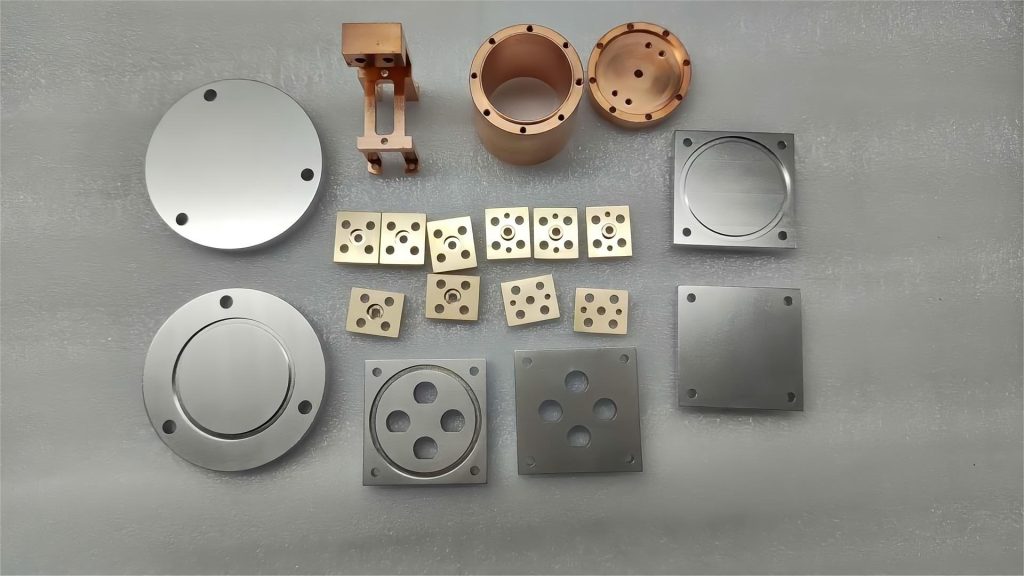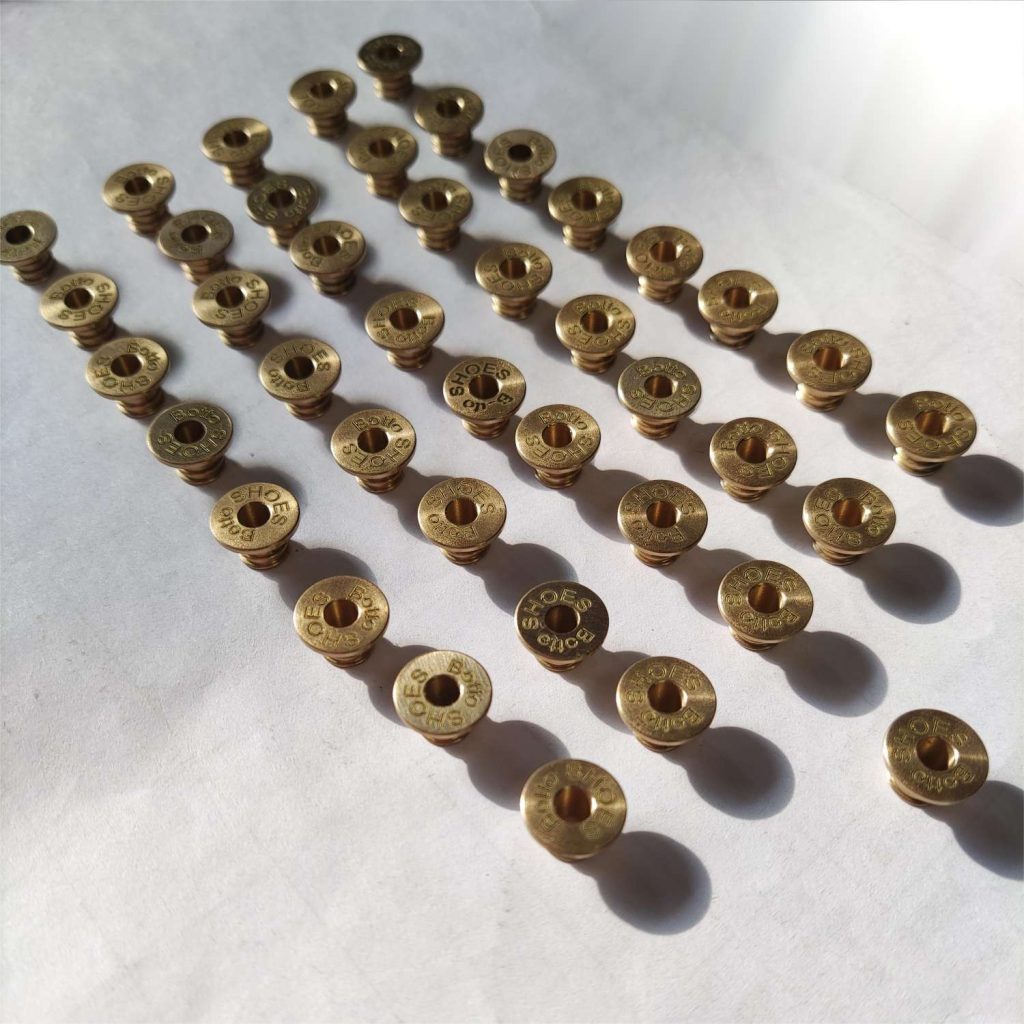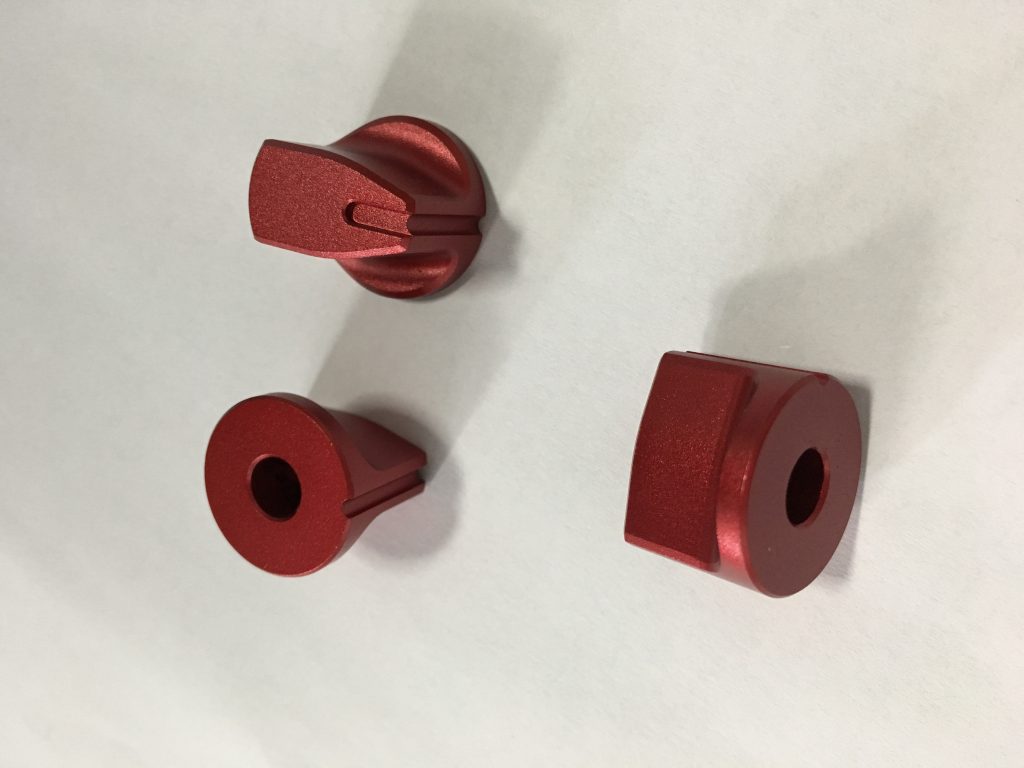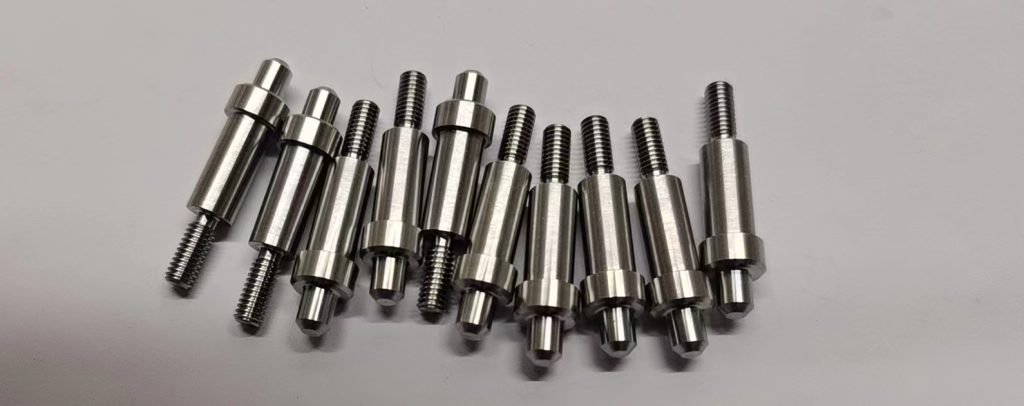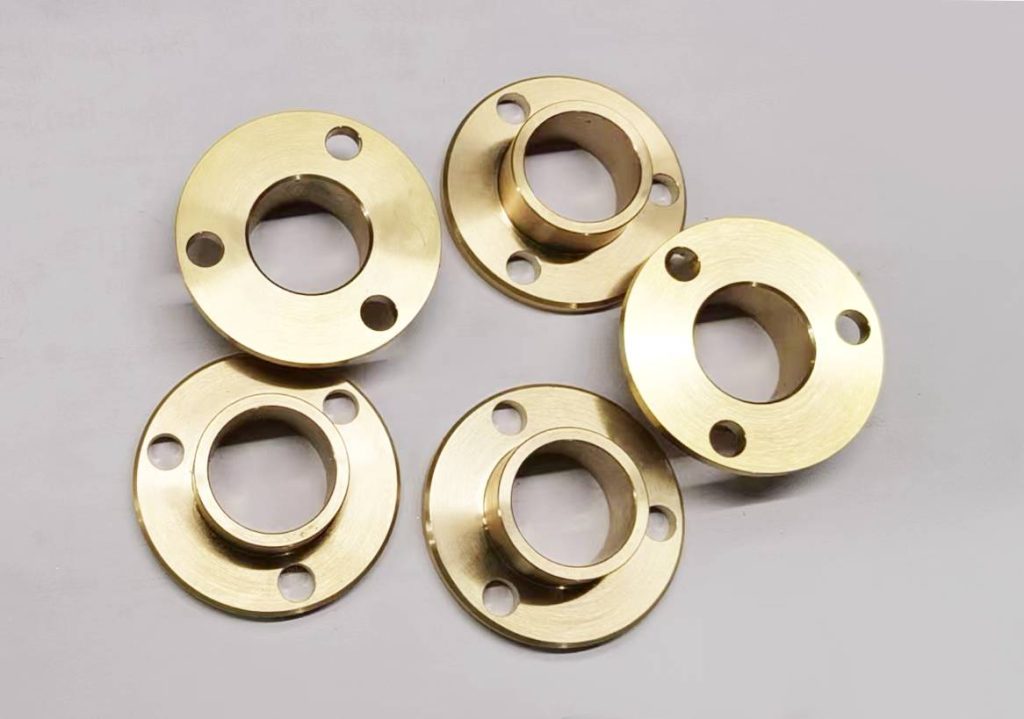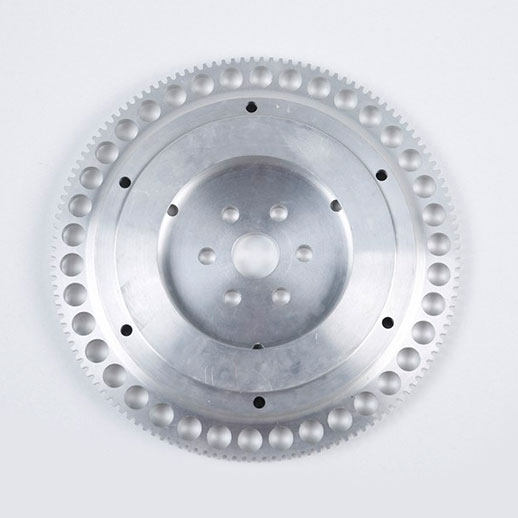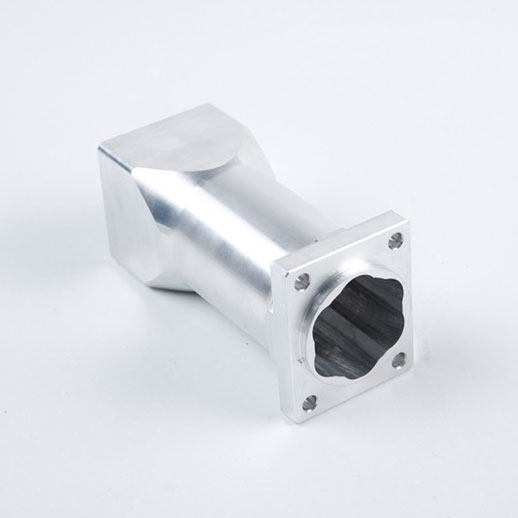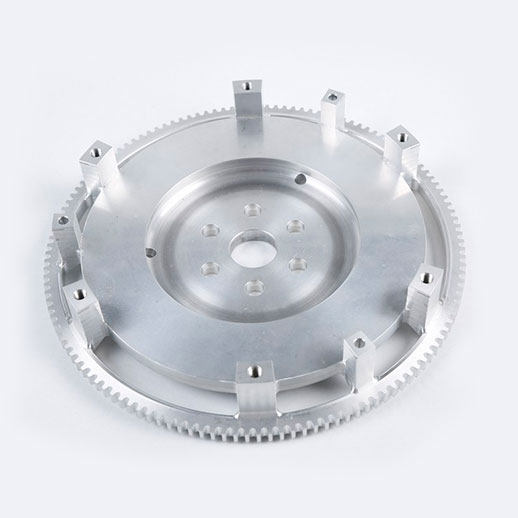The global manufacturing landscape has witnessed a significant shift, with China emerging not just as a production hub but as a leader in precision engineering. Nowhere is this more evident than in the realm of CNC machining, particularly for custom turned parts. Once perceived primarily as a source for low-cost, mass-produced goods, Chinese CNC machining manufacturers now represent a compelling proposition for global buyers, offering an advanced blend of technological sophistication, stringent quality control, and exceptional affordability.
This article will delve into China’s crucial role in the global CNC machining sector, the competitive advantages of its manufacturers, and why global buyers increasingly rely on Chinese CNC turned components manufacturers for both prototyping and large-scale production.
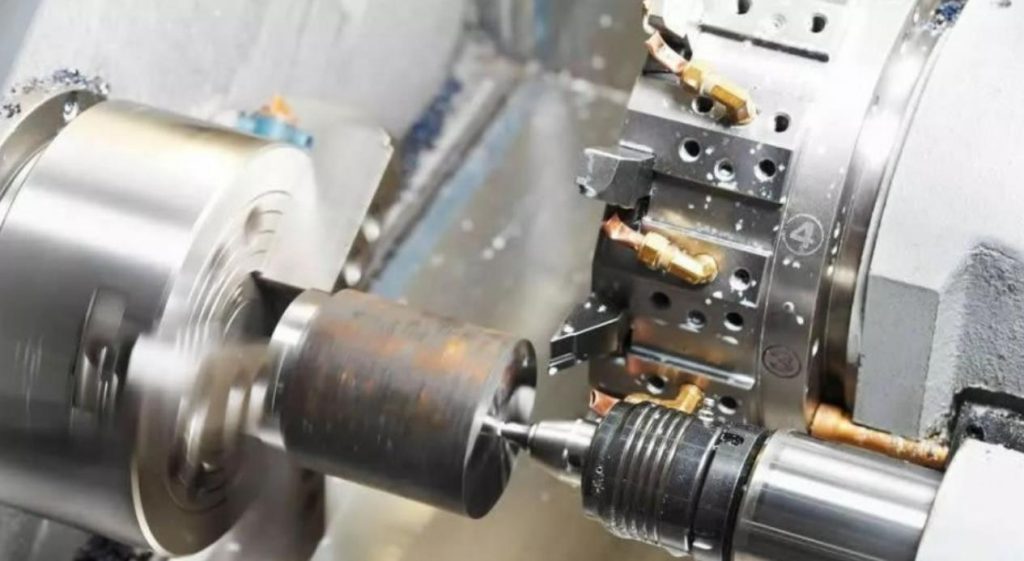
China’s Pivotal Role in Global CNC Machining
China is the world’s largest exporter of CNC turning parts, serving thousands of international OEMs and distributors. The country’s manufacturing ecosystem is deeply integrated, with mature industrial clusters in cities like Shenzhen, Dongguan, and Ningbo. These regions are home to thousands of turned parts manufacturers, specializing in everything from precision small parts turning to large CNC turning services.
According to the China Machine Tool & Tool Builders’ Association, the country exported more than $25 billion worth of machine tools and precision components in 2023. This number reflects China’s expanding capabilities not only in high-volume manufacturing but also in custom CNC turning parts tailored to meet specific design requirements.
Today, CNC turning parts from China are widely used in Europe, North America, and Southeast Asia—both in high-end applications and as cost-saving substitutes for domestically produced parts.
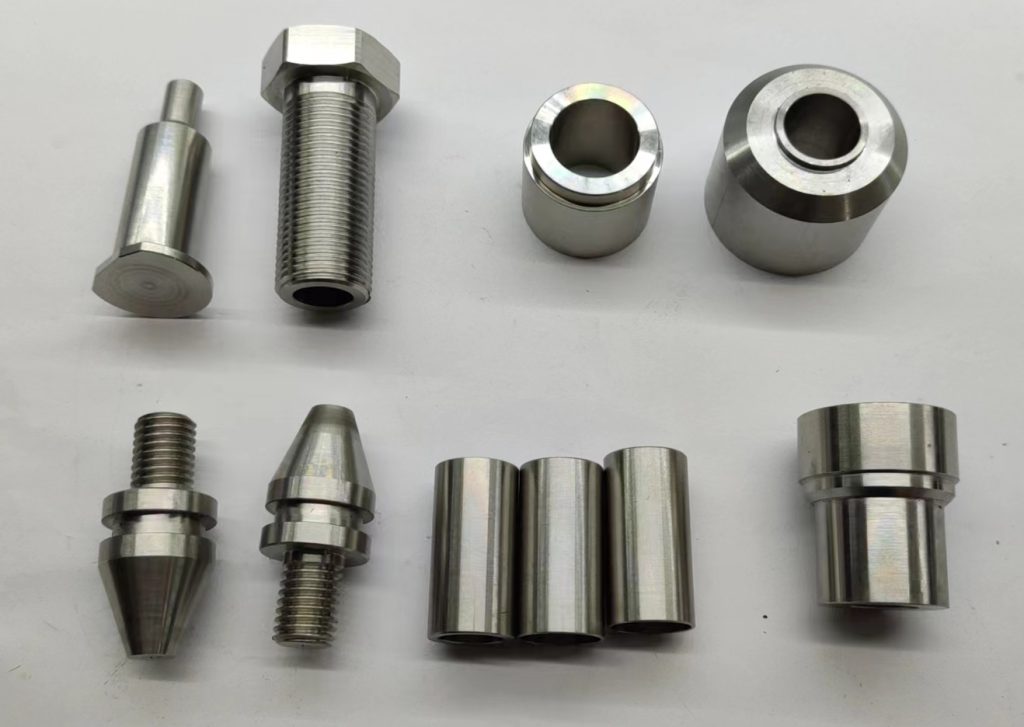
Why Global Buyers Choose China? 4 Reasons
China’s rise in CNC machining isn’t just about low costs or large scale. Its global competitiveness comes from a combination of four key strengths, which work together to create real, measurable value for international buyers.
1. Scale Advantage and Cost Structure
China has the largest number of CNC machines and suppliers in the world. This allows for efficient allocation of resources:
- Large factories run 24/7 automation for mass production.
- Small workshops flexibly support small batches and diverse parts.
- Massive capacity helps spread fixed costs like labor and equipment, lowering unit prices.
In addition, China’s manufacturing hubs (e.g., Pearl River Delta, Yangtze River Delta) offer highly localized supply chains—materials, tooling, surface treatment, heat treatment—all within hours. This means faster response times and lower logistics costs.
Buyer Value: Lower total cost of ownership (TCO)—including tooling costs, shorter lead times, and reduced supplier management burden.
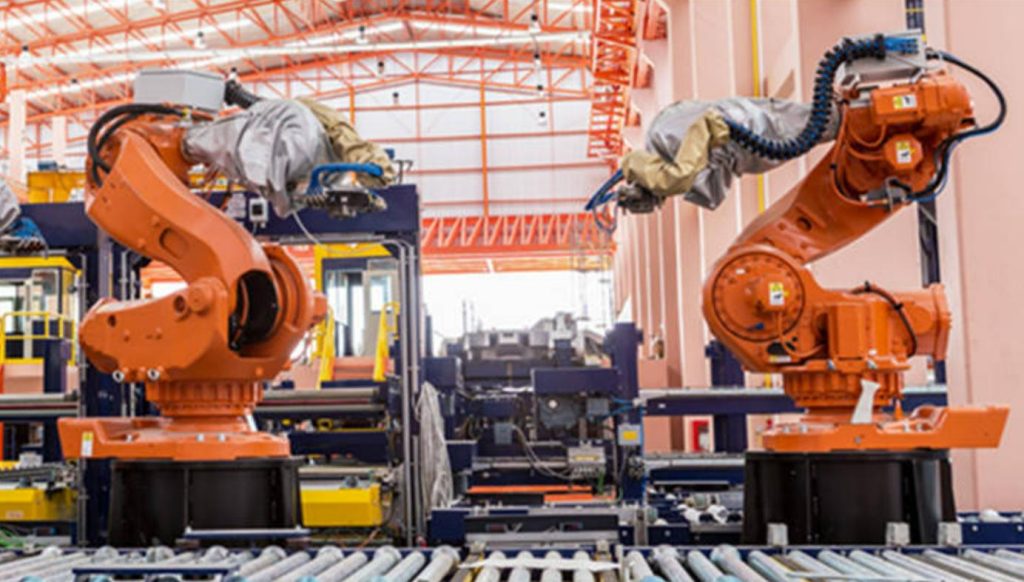
2. Complete and Fast Industrial Ecosystem
China’s ecosystem is not only wide and deep but also fast. Known for the “Shenzhen speed,” Chinese suppliers can:
- Provide quotes within 24 hours
- Launch production in days
- Source tools and materials quickly
Complex parts requiring multiple processes (e.g., CNC turning, milling, anodizing, grinding) can be handled under one roof or closely coordinated locally.
Buyer Value: Faster time-to-market. One-stop services simplify communication and shorten development cycles—critical for industries like electronics and medical devices.
3. Rapid Technology Adoption and Innovation
China is closing the technology gap with global leaders, especially in applied innovation:
- Smart CNC systems (e.g., HuazhongCNC) now integrate AI to optimize cutting paths and improve efficiency.
- Chinese factories widely adopt high-end machines from Mazak, DMG Mori, etc., and combine them with local cost and supply chain advantages.
Buyer Value: High-performance parts at affordable prices. Even small and medium-sized businesses can now access advanced technologies once exclusive to large corporations.
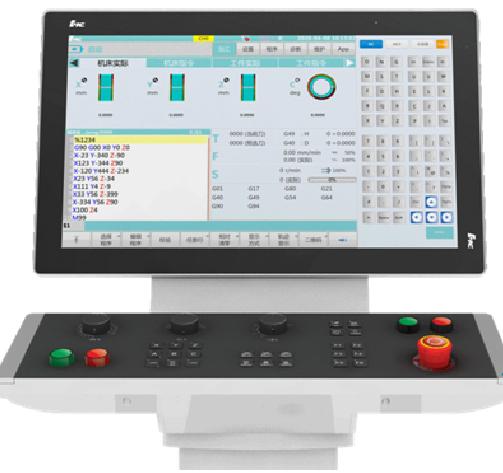
4. Globally Aligned Quality Control
Modern Chinese CNC suppliers follow strict international quality standards:
- Common certifications: ISO 9001, IATF 16949 (automotive), AS9100 (aerospace), ISO 13485 (medical)
- Advanced inspection equipment like Zeiss CMMs, surface profilers, hardness testers
- Full quality documentation including MTCs, FAIRs, CoC, and control plans
Buyer Value: Trust and consistency. Strict quality control ensures every shipment meets specifications and reduces risk in global supply chains.
China’s CNC machining competitiveness comes from more than just cost. Its real advantage lies in the combination of: Scale, Speed, Technology, Quality.
This well-rounded capability means global buyers can achieve faster delivery, better value, and stronger supply reliability by working with Chinese manufacturers. It’s not just low price—it’s smart purchasing.
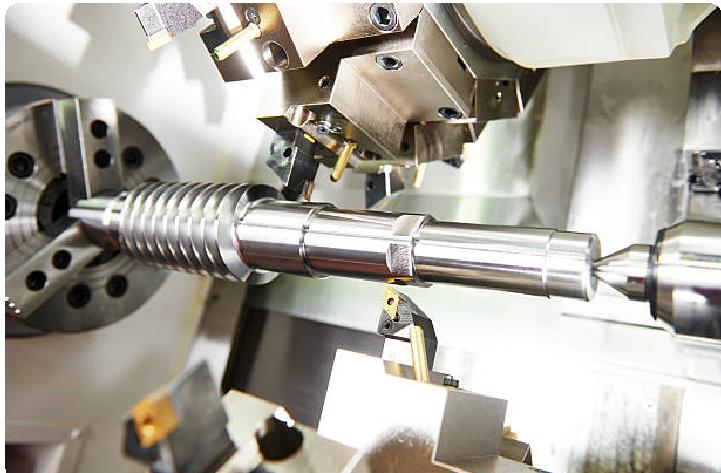
CNC Turning in China: A Global Leader in Precision and Scale
China has become the world’s most competitive source for CNC turning services, with unmatched capabilities in precision, scale, cost control, and technology integration. For buyers needing custom CNC turned parts, CNC turning aluminum parts, or complex CNC turned components, China remains the top choice.
1. CNC Turning: China‘s Strongest Manufacturing Segment
CNC turning is the process of cutting a rotating workpiece with a stationary cutting tool to produce round or cylindrical shapes. It’s used in everything from automotive shafts and aerospace discs to medical implants. China leads this field with:
- Massive demand from domestic industries like automotive, electronics, and machinery.
- The world’s largest number of CNC lathes and skilled technicians.
- A full industrial chain of CNC turning parts manufacturers at every scale.
For global buyers, this means access to both large CNC turning services and flexible small-batch production—all at highly competitive prices.
2. Precision Capabilities: Tight Tolerances and Fine Finishes
Chinese suppliers offer excellent precision CNC turning services with strict control of tolerances, geometry, and surface finish:
| Capability | Typical Performance |
| Dimensional tolerance | ±0.01mm (common), up to ±0.002mm (high-end) |
| Roundness/concentricity | Within 0.005mm |
| Surface roughness | Ra 0.8μm to Ra 0.2μm (with fine finishing) |
Such precision makes Chinese vendors ideal partners for precision small parts turning in high-tech sectors.
3. Wide Range of CNC Turning Materials
Chinese CNC turned parts manufacturers handle a wide variety of materials, from metals to plastics, with deep experience in optimizing processes for each type:
| Material Type | Examples | Typical Applications |
| Aluminum alloys | 6061, 7075 | Aerospace, electronics, auto |
| Stainless steel | 304, 316, 17-4PH | Medical, food-grade, industrial |
| Carbon/Alloy steel | 1045, 4140 | Machinery, mold components |
| Brass/Copper/Bronze | C360, C932 | Connectors, bushings, valves |
| Titanium | Ti-6Al-4V | Aerospace, medical implants |
| High-temp alloys | Inconel, Monel | Oil & gas, turbines |
| Plastics | PEEK, PTFE, Delrin | Medical, semiconductors, food equipment |
This versatility allows for custom CNC turning parts across nearly all industries.
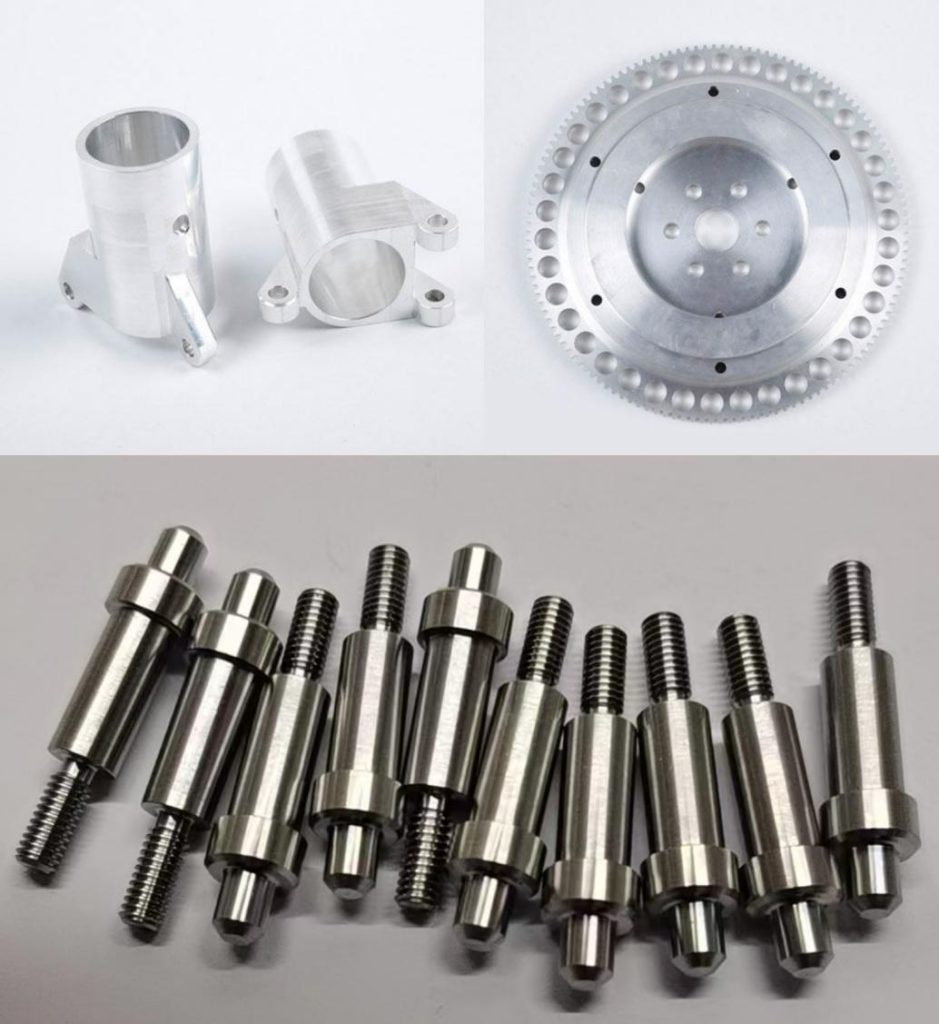
4. Complex Part Capability: Turn-Mill Integration
Modern CNC turning products often require features like key slots, side holes, or off-axis threads. Chinese factories excel at using turn-mill centers—machines that combine turning and milling in one setup.
Benefits of “Done-in-One” processing:
- Higher accuracy (no re-clamping errors)
- Faster cycle times
- Lower total cost (fewer fixtures, fewer machines)
This makes China ideal for CNC precision turned components with complex geometries.
5. Automation and Digital Factory Management
Leading Chinese CNC turned components manufacturers now use advanced automation:
- Bar feeders and robotic arms for unmanned 24/7 production
- MES systems for real-time monitoring, order tracking, and tool management
- Seamless coordination between machines, operators, and buyers
These smart factories deliver consistent quality, fast delivery, and full process traceability.
China has built an unbeatable combination of scale, skill, technology, and cost-efficiency in CNC turning parts manufacturing. Whether you need custom CNC turned parts, precision machining, or large CNC turning services, Chinese suppliers can meet your needs with: High precision, Broad material support, Integrated complex processing, Digital, Efficient production, Low total cost.
For global buyers, CNC turning parts from China offer the ideal balance of quality, capability, and affordability.

How to Choose the Right CNC Machining Manufacturer in China
Finding the best CNC machining supplier in China may seem difficult due to the large number of factories, but a clear 3-step approach can help you choose the right partner efficiently.
Step 1: Define Your CNC Machining Needs Clearly
Start with a clear and professional RFQ (Request for Quotation). A complete RFQ helps suppliers give accurate and comparable quotes.
What to include:
- Engineering drawings (PDF) with all dimensions, tolerances, and surface finish.
- 3D models (STEP, IGS) to help with CNC programming and manufacturability checks.
- Material specifications (e.g., 6061-T6 aluminum, SUS 316L steel).
- Order quantity and estimated annual usage (EAU).
- Quality requirements like inspection reports (FAI, CoC), Cpk/Ppk, etc.
- Surface treatment needs like anodizing, plating, painting.
- Delivery and shipping terms (e.g., EXW, FOB, DDP).
A professional RFQ shows you’re serious and helps filter out unqualified CNC machining parts manufacturers.
Step 2: Match the Right Type of CNC Supplier to Your Needs
Chinese CNC machining factories vary widely. You can group them into three main types:
✅ A. Large-Scale CNC Manufacturers
Features: Hundreds of machines, strict quality control, certified (IATF16949, AS9100).
Best for: High-volume, strict tolerance, long-term projects (auto, aerospace, medical).
Note: Slower response for small or urgent orders.
✅ B. Medium-Sized Specialists
Features: Focus on one niche (e.g., titanium turning, micro parts, semiconductor components).
Best for: Technical complexity, high precision, special materials.
Note: May cost more, but offer superior process knowledge.
✅ C. Small Agile Workshops
Features: Fast response, flexible, direct communication with owner/engineer.
Best for: Prototypes, small batches, fast iterations.
Note: May lack formal certifications or documentation systems.
Choose your CNC turning parts manufacturer based on the technical needs, order size, and required speed.
JTR is particularly known for the expertise in aluminum alloy products (other materials also available), serving industries like automotive (e.g., BMW die casting parts, CHANG AN stamping parts) and telecommunications (Ericsson base station accessories). Our team offer instant quotes and DFM feedback, popular with international startups and R&D teams. Tell us your needs, you will get a reliable service.

Step 3: Audit and Verify the Supplier
Before placing an order, validate the supplier’s capability to avoid risks.
Checklist for Verification:
✅ Certificates check (ISO9001, AS9100, etc.) – verify on official websites.
✅ Machine list and specs – look for modern CNC equipment, 5-axis machines, CMMs.
✅ Case studies – review past projects similar to your part or industry.
✅ Sample test – request trial production of one part to check quality and communication.
✅ Factory audit – visit in person or use a third-party service or video audit.
✅ Customer references – ask for existing overseas clients or check online reviews.
A sample run and factory audit are the best ways to confirm if a CNC parts manufacturer meets your standards.
To find the right Chinese CNC machining services supplier, follow this simple process:
- Define your needs clearly with a complete RFQ.
- Select the right supplier type based on your order size, complexity, and urgency.
- Verify their capability with samples, audits, and quality checks.
By doing this, you will reduce risk, improve communication, and build a reliable long-term partnership for your CNC custom parts sourcing.


